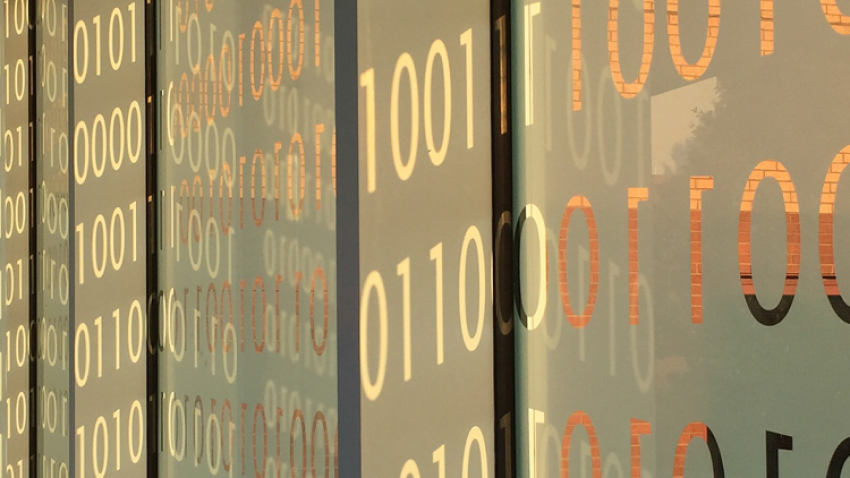
Isbell Testifies at House Subcommittee Hearing on Artificial Intelligence
This Valentine’s Day, Charles Isbell, executive associate dean and professor in Georgia Tech’s College of Computing, took the stand in Washington to testify before the House Oversight Committee’s Subcommittee on Information Technology about the national and global impact of artificial intelligence (AI) and machine learning.
“I am excited by these hearings,” said Isbell in his testimony. “Advances in AI are central to our economic and social future.”
Isbell – an affiliated faculty member with The Center for Machine Learning at Georgia Tech (ML@GT) – was invited to present committee members with testimony on the “game-changing” nature of AI and to explore the potential impact of additional industry regulation.
Transforming the World
The committee requested that Isbell – along with expert witnesses from the Allen Institute for Artificial Intelligence, Intel, and Nvidia – unpack the “potential for artificial intelligence and machine learning to transform the world around us and how we might collectively best respond to its potential.”
“By leveraging computing and data, we are moving from robots that assemble our cars to cars that almost drive themselves,” said Isbell. “One can be skeptical – as I am – that we will in the near future create AI that is as capable as humans are in performing a wide variety of the sort of general tasks that humans grapple with every day, simultaneously.
"But it does seem that we are making strong progress toward being able to solve a lot of very hard individual tasks as well as humans. We may not replace all three million truck drivers and taxi cab drivers, nor all three million cashiers in the United States, but we will increasingly replace many of them. We may soon trust the x-ray machine itself to tell us if we have a tumor, as much as we trust a doctor. We may not automate away intelligence analysts, but AI will shape and change their analyses.”
Machines Making Decisions With Humans
The ML@GT research center is a key player in the type of interdisciplinary exploration required to apply machine learning to the kinds of autonomous systems (like self-driving cars and manufacturing robots) explored in the Oversight Committee hearing. It is also pushing forward on less obvious applications such as health care, data analytics and data mining, and applications in biology, economics and finance, and social networks.
Isbell noted in his testimony the importance of transparency in algorithm development and the creation of machines that “make decisions with humans” to help us accomplish tasks more effectively. He also stressed that, in order to both help people collaborate more efficiently with AI assistance and enable better human oversight, education will play a larger role in a technologically assisted future.
“To understand such machines, much less create them, we should strive for citizens to not only be literate but to be computer literate; that is, they must understand computing and computational thinking and how it fits into problem-solving.”
Supporting the Educational Pipeline
Isbell is also one of the minds behind Georgia Tech’s new Constellations Center for Equity in Computing, a center based in the College of Computing and serving as a hub for research and advocacy at the intersection of educational equity and computing. Accordingly, Isbell’s testimony stressed the equally significant roles of education and research in the future of the burgeoning fields of machine learning and AI.
“The issues that are being raised here can be addressed with thoughtful support for robust funding in basic research in artificial intelligence—including research in how to engage in education; support for that education throughout the pipeline from K-12 and beyond, including post-graduate retraining; and in developing standards for the proper use of intelligent systems,” said Isbell.
Additional invited expert witnesses for the House Oversight Committee included Oren Etzioni from the Allen Institute for Artificial Intelligence, Amir Khosrowshahi from Intel, and Ian Buck from NVIDIA.
To watch the full hearing or read more about the topics discussed, visit the Oversight & Government Reform website.
As computing revolutionizes research in science and engineering disciplines and drives industry innovation, Georgia Tech leads the way, ranking as a top-tier destination for undergraduate computer science (CS) education. Read more about the college's commitment:… https://t.co/9e5udNwuuD pic.twitter.com/MZ6KU9gpF3
— Georgia Tech Computing (@gtcomputing) September 24, 2024


